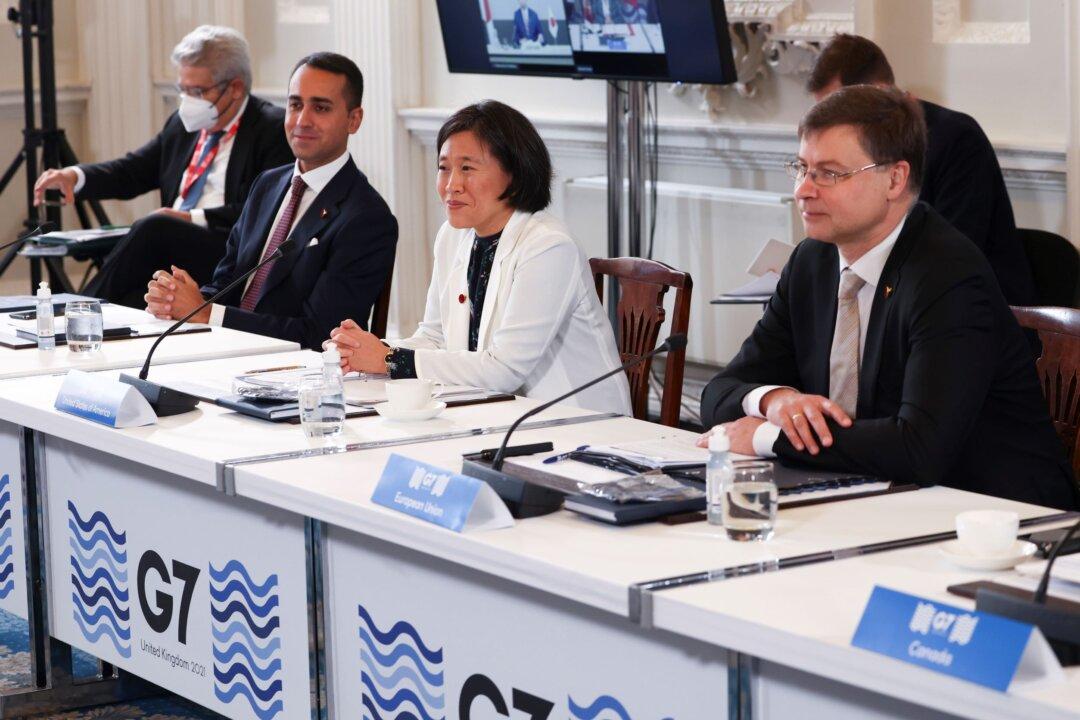U.S. Trade Representative Katherine Tai affirmed the need for updating U.S. trade laws to reinforce existing anti-dumping and anti-subsidy duties, coping with China’s steel-making overcapacity and export through subsidized investment in southeast Asia.
“The tools that we have, we know how they can be effective and we know where the limitations are,” Tai told U.S. steel industry executives in Washington on Tuesday, adding that she wanted to create a new level playing field.




